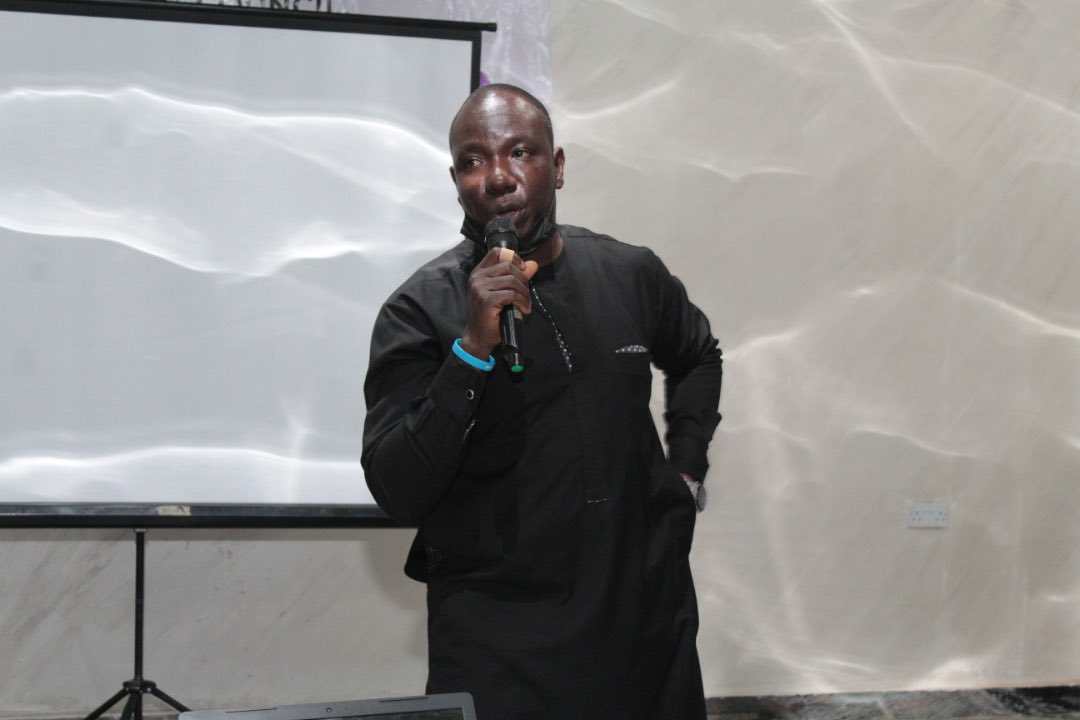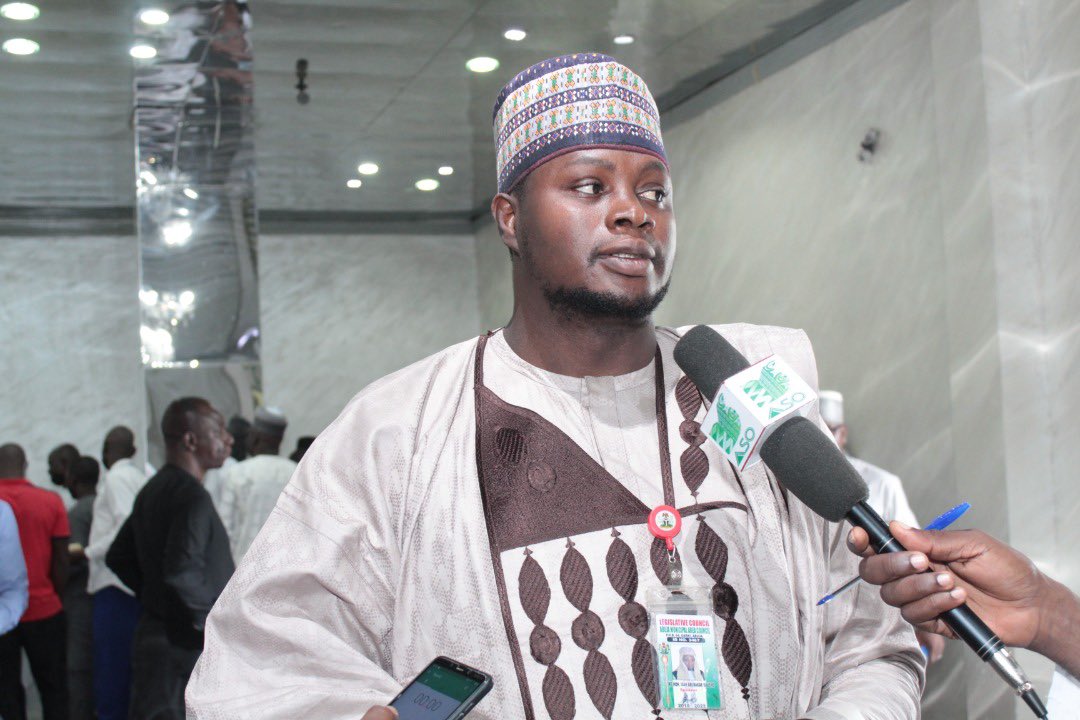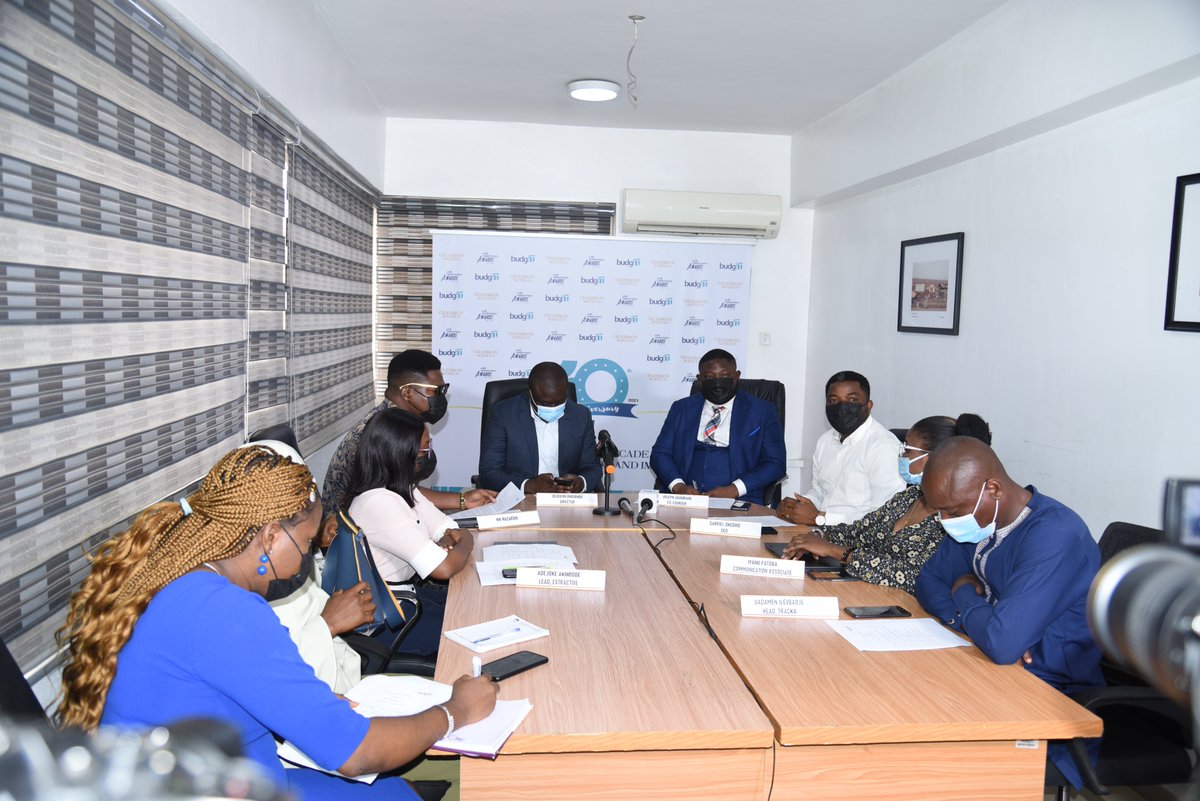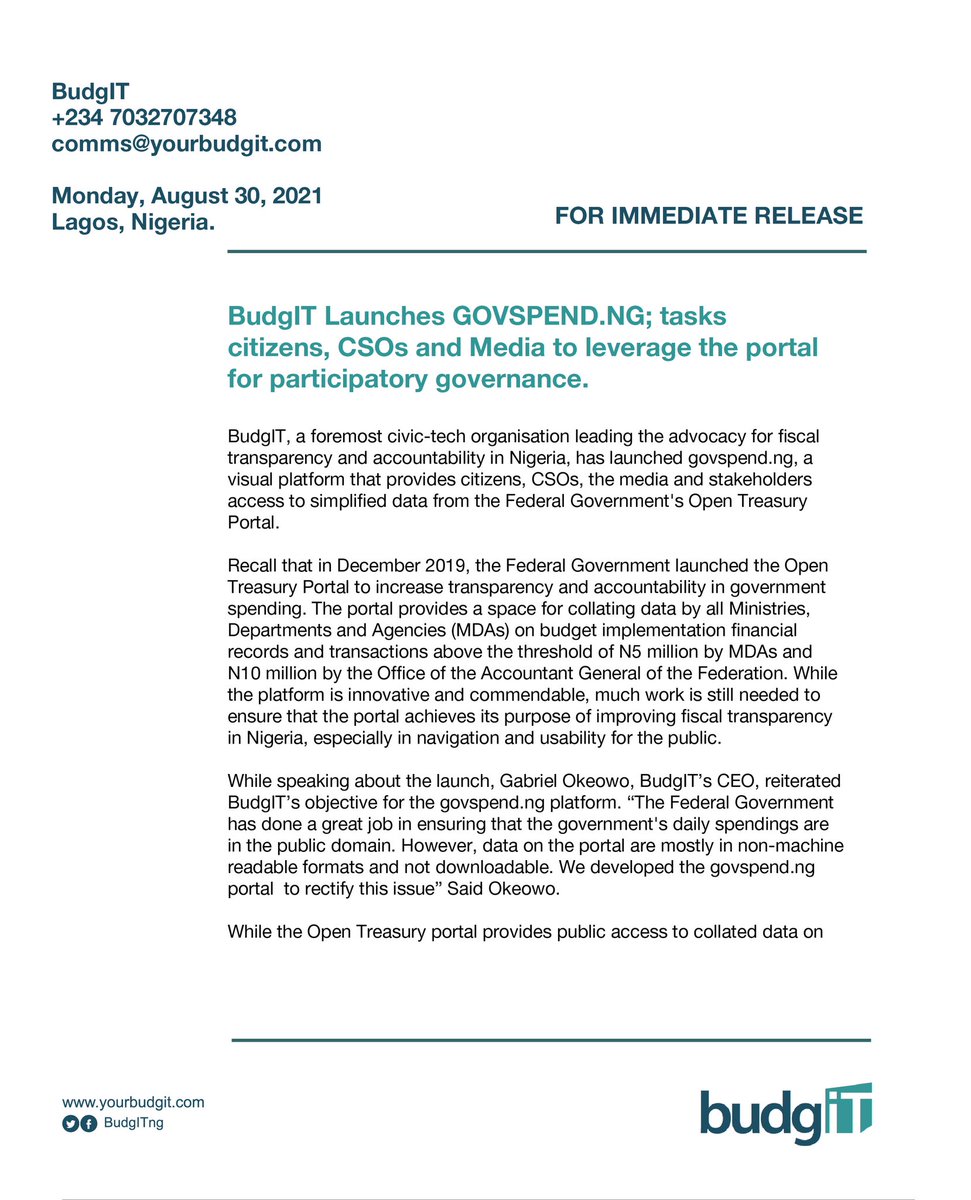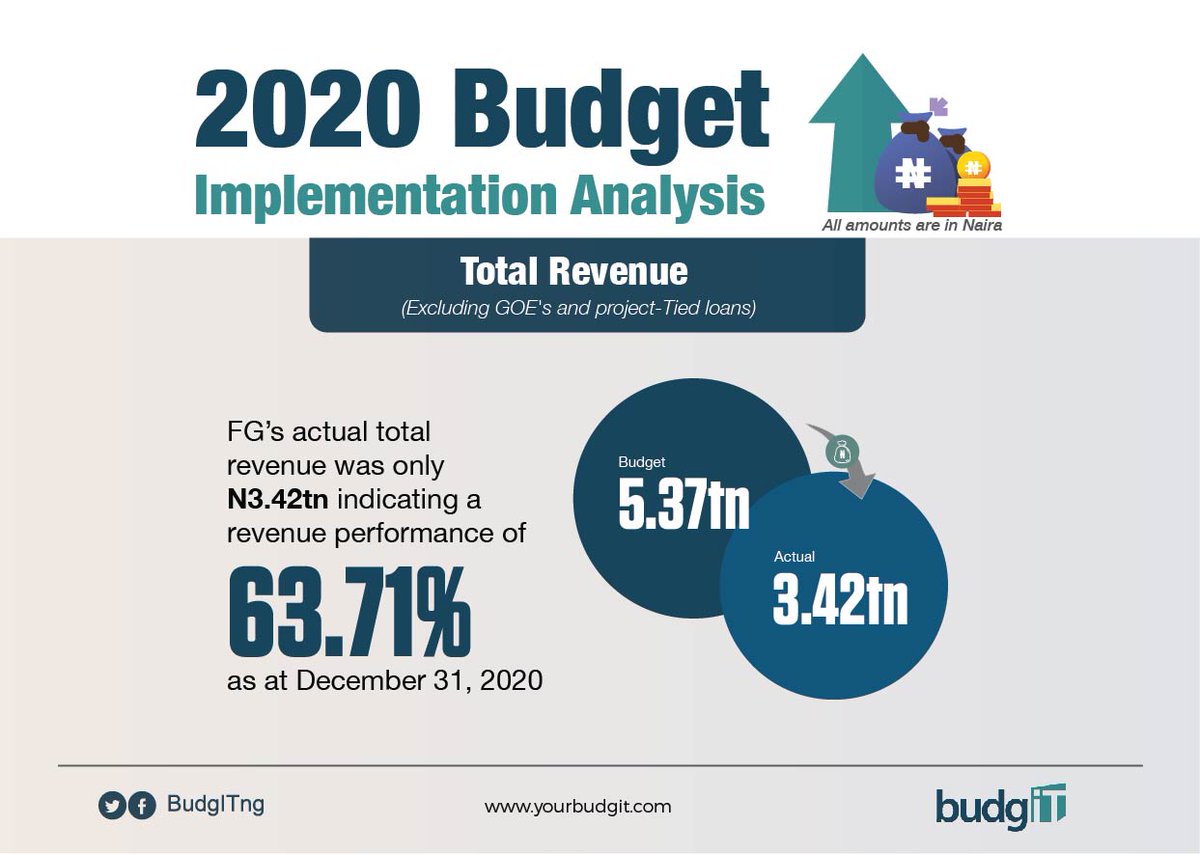
We have combed the 2168-page 2022 budget document, & we found ZERO breakdown of the N198billion oil company payments to NDDC.
Our analysis also reveals critical issues of unrealistic revenue targets, soaring year-on-year debt burden and weak accountability structure.
THREAD!
Our analysis also reveals critical issues of unrealistic revenue targets, soaring year-on-year debt burden and weak accountability structure.
THREAD!

The omission of NDDC’s entire capital budget allocation from the proposed 2022 budget and public scrutiny is a source of concern, especially given the scale of alleged corruption and diversion of public funds that has afflicted this federal agency since its inception.
NDDC receives an average of N198.7 billion per year from the operating budgets of oil companies (between 2016 and 2018) in addition to the annual Statutory Transfers it receives from the federal government (the latter which is projected to be N98.7bn in the 2022 budget).
The list of new and ongoing projects to be embarked upon by NDDC with this estimated N198.7bn in the year 2022 is glaringly missing from the 2,168-page 2022 FG budget details document and the 2022 Appropriations Bill sent to the National Assembly.
BudgIT called for cautious optimism, especially as the proposed 2022 spending plan comes with a N6.26tn deficit, 80% of which would be borrowed. This is particularly problematic, seeing that FG has recorded a significant surge in its debt burden in the last six years…
while noting that debt servicing wiped off over 90% of FG’s total revenue in recent times.
The size of FG’s new borrowing plans in 2022 is a serious cause for concern, especially as the FG spent over 90% of all its revenue on servicing old debts btw January 2020 and June 2021.
The size of FG’s new borrowing plans in 2022 is a serious cause for concern, especially as the FG spent over 90% of all its revenue on servicing old debts btw January 2020 and June 2021.
Also, FG’s 2022 deficit of N6.26 trillion represents 3.39% of Nigeria's GDP, which is above the 3% threshold set in Section 12(1) of the 2007 Fiscal Responsibility Act (FRA).
On revenue projections, BudgIT raised concerns about FG’s N10.13 trillion 2022 revenue target, noting that the federal government has failed to meet all its revenue targets in the past six years.
As of June 30, 2021, FG already missed its half-year 2021 projected revenue as it raised only N2.31tn or 69.64% of the expected N3.31tn 2021 half-year projection as reflected in FG’s Budget Implementation Report.
Making unrealistic revenue projections has serious implications on the country’s spiralling debt burden, as more funds would have to be borrowed to meet up with contractual commitments for public projects entered into in anticipation of high revenues.
Also, FG has had a very weak run on accountability of budgeted funds. Eg, accountability issues raised by the Auditor-General in FG’s Audit report between 2016 and 2018 have still not been fully addressed.
Also, the full forensic audit report of the corruption scandals in NDDC is still not in the public domain despite commencement of the probe 2 years ago in Oct 2019.
FG’s weak actions on accountability is not the best way to discourage corrupt state actors from mismanaging…
FG’s weak actions on accountability is not the best way to discourage corrupt state actors from mismanaging…
parts of the proposed N16.39tn budget.
We call on @nassnigeria to include missing aspects of NDDC’s budget in the 2022 spending plan, revisit 2022 revenue projections & take immediate action on all audit recommendations on NDDC & other MDAs in the relevant official govt report.
We call on @nassnigeria to include missing aspects of NDDC’s budget in the 2022 spending plan, revisit 2022 revenue projections & take immediate action on all audit recommendations on NDDC & other MDAs in the relevant official govt report.
Full press statement here: yourbudgit.com/budgit-queries…
• • •
Missing some Tweet in this thread? You can try to
force a refresh



